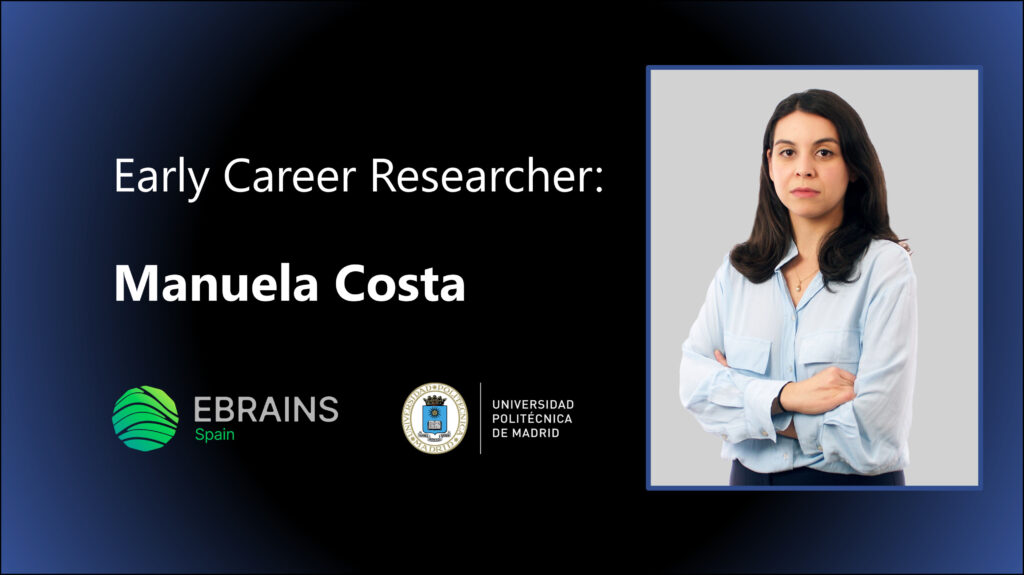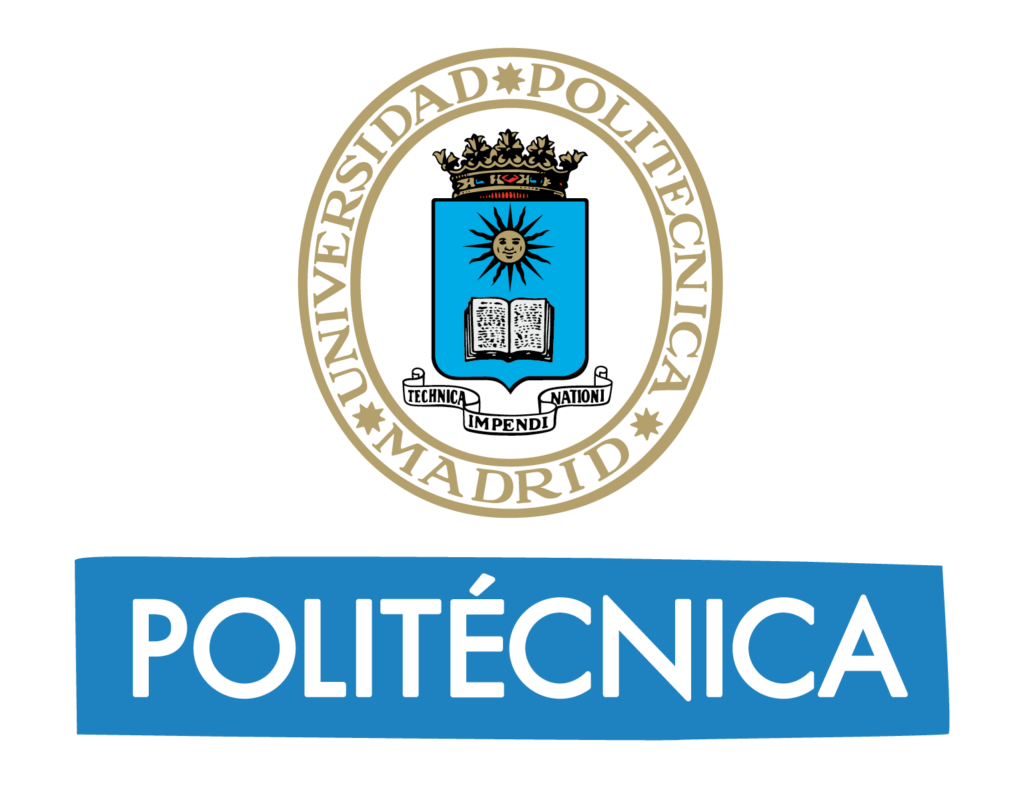
What is your current position?
I am currently a senior postdoct at the Laboratory for Clinical Neuroscience (CTB-UPM), working on an ERC-funded project investigating exceptional memory processes. Recently, I was awarded the prestigious Ramón y Cajal fellowship, providing me an outstanding opportunity to establish my independent career in Spain within a highly competitive academic and research environment.
What is the main brain area you are working on and what primary methodology do you use?
My primary research interest is to understand how neuronal oscillations are related to aversive memory processes. Specifically, I focus on the dynamics and connectivity between the amygdala and hippocampus, two proximal brain areas strongly implicated in these phenomena. This research has elucidated the mechanisms by which the amygdala influences the hippocampus to prioritize emotional memory formation (Costa et al., 2022) and retrieval (Costa et al., 2024), as well as defining the role of individual neurons (Fetterhoff et al., 2024). To achieve this, we use intracranial recordings in drug-resistant epileptic patients while they perform a set of cognitive tasks, providing a unique opportunity to measure electrophysiological responses both at the nuclei and single-neuron levels.
What are your short- and long-term scientific goals?
My future research will develop along three main pillars. First, I will continue investigating neuronal activity associated with emotional memory processes using intracranial EEG (iEEG) and next-generation non-invasive techniques such as OPM-MEG. I will explore the beneficial effects of neuromodulation on healthy subjects and patients with emotional memory dysfunctions, targeting the emotional memory network with non-invasive stimulation. Finally, I aim to develop a new framework and paradigm to study human forgiveness and its relation to emotional memory processes.
Have you thought about how EBRAINS may contribute to these goals?
EBRAINS provides a free and open database of neuroscientific data. Over the past years, we have recorded a significant amount of electrophysiological data, which could be shared to exponentially enhance the understanding of memory processes and strengthen both national and international collaborations. Additionally, EBRAINS offers whole-brain modeling tools that could be utilized to refine my stimulation procedures.
Links to articles quoted in the interview
- Costa 2022: https://www.nature.com/articles/s41467-022-33828-2
- Costa 2024: https://www.biorxiv.org/content/10.1101/2024.01.18.576178v1
- Fetterhoff 2024: https://www.cell.com/cell-reports/fulltext/S2211-1247(24)00399-1?uuid=uuid%3A37f68722-9dd6-4e19-b3b2-740f5f603187






